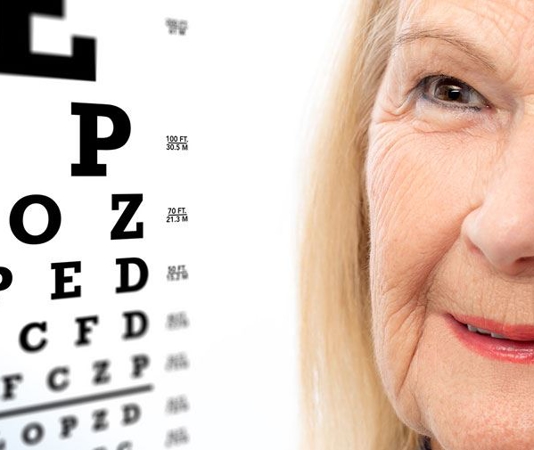I live in a rural community among strongly independent elders. Living in the Southern California mountains demands a level of self-reliance and heartiness. This is a good thing until a neighbor falls, suffers a heart attack or stroke and dies.
Many members of our small community are members of The Greatest Generation. At age 72 or older (born in 1945 or earlier), when something happens, they get back up, shake off the dust and get on with life.
I was only in my thirties, when I took my first tentative steps toward becoming a caregiver for my father. He was showing signs of dementia after my mother died, and I wanted to help him. Instead, he insisted that I forget about him and focus on my work. He explained, “I’m old. We’re like animals. We crawl until we stop and then we die.”
A message like that from a parent is a hard nut to swallow. Twenty years later, I’ve met countless independent elders who feel the same way. I live among many of them!
How do we help independent resourceful elders who don’t want to be a burden? It’s often hard for them to receive help let alone ask for it.
Here are a few tried-and-true tips that have worked over the years.
Four Tips to Reduce Care Receivers’ Feelings of Guilt
Cede Your Need to Control
When getting involved in your parents’ care, don’t just step in with both feet and take control. Surrender this need, otherwise, you will fail. Just as you likely resisted your parents, while coming of age during your teen years, your parents will do the same. Both of you will be unhappy.
Listen with Genuine Interest
My husband and I are genuinely curious about people’s lives during the generations that preceded ours, the boomer generation. Instead of reading history books, we can sit for hours, while history comes alive via elders’ photos and stories.
Life seems so rushed these days, people rarely take time to hear what others have to say. Yet, listening is the best gift we can give.
Storytellers with attentive listeners are energized and strengthened. Years before the printing press, this is how elders passed knowledge from one generation to the next. Besides, we can ask questions, learn from and be inspired by their experiences.
I feel grateful and thank those who trust me enough to take time to share their stories. Read that sentence again. Oftentimes, we look at it the other way, “Awwww, do I have to hear another story? Sigh!” If we genuinely pay attention, we hear nuggets that can open our minds and hearts.
Moderation is the Standard of Care
As you take time to listen, offer to be of help to the storyteller/care receiver. A little help here and a little help there makes your assistance easier to digest.
When I’m in town, which is about a 60-mile round trip, I’ll call an older neighbor who is not as mobile and say, “Hey, I’m going to [store’s name], what do you need?” Sometimes, I offer a suggestion when an open-ended question leaves one’s mind blank. Knowing what they’ve needed before, I’ll ask. “Do you need more milk?” “Potatoes are on sale and they look reeeeallly good! I’m getting a couple, want me to pick out two for you?” Offering to pick up something or even suggesting an item makes it easier for a care recipient to accept knowing that it’s a small favor.
Take it one step at a time as you gauge how the care receiver feels. We all know: Little needs compound into a big deal in our lives.
Finally, in learning how to receive, we learn more about giving.
Become Vested
I was raised with the kind of value system that gives, rarely takes. Then I met a fellow giver who wanted to help me. I resisted and he lovingly asked, “How can I care aboutyou, if you don’t let me care for you?”
I had to think about that a while until he shocked me with, “You may not realize it, but you’re being selfish in your relationships when you keep giving without allowing people to give back.”
While it pained me to receive, his patience helped me to accept more of his and others’ gifts. He and I remain friends to this day.
To successfully give without making care recipients feel guilty, get involved in their lives by listening without taking control. Help in moderation as you build a mutually vested relationship. You may discover what really matters in removing guilt is companionship.
For a different perspective, click on Coping with Caregiver Guilt.




